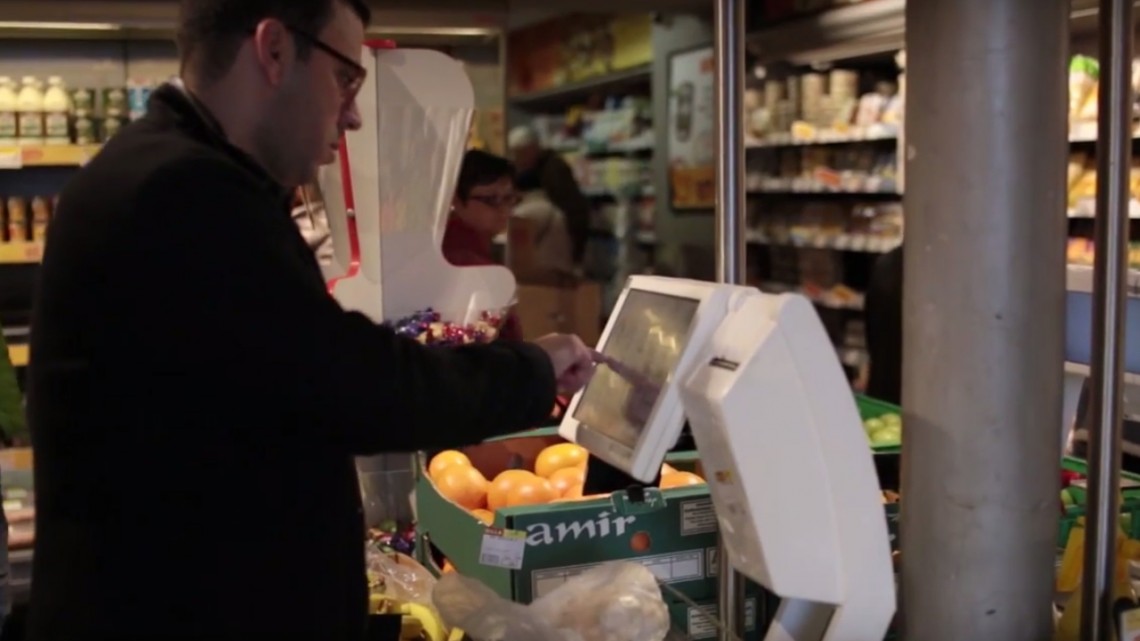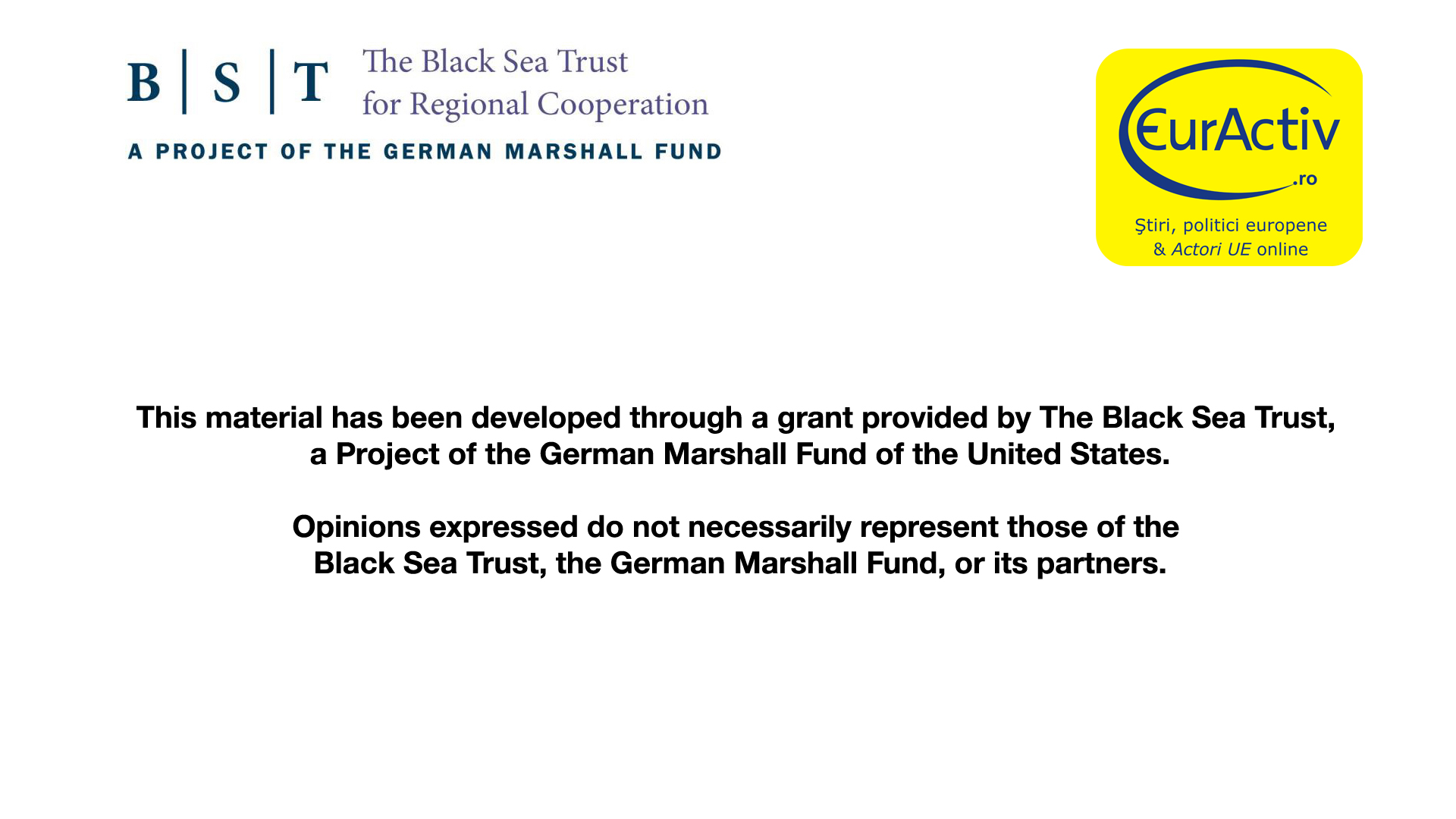VIDEOFrom Syria to Bulgaria – Part I: Escaping death

From Syria to Cuba to Syria again: the strange beginning of a journey to Europe.
Some years ago, an ambitious Kurd from a small village out of northern Syria won a scholarship to study abroad. He ended up in Havana, Cuba, on the other side of the planet, where he learned Spanish. He later returned to Syria, but instead of teaching, he was employed as a news translator at the official news agency of the Syrian state, SANA.
In 2011, massive protests were mounted against Bashar al-Assad and our man started leading a double life. By day, he was a free spirit, demonstrating in the front line of the protests, but by night he walked quietly to his job where he translated false news favorable to the oppressive regime in Damascus.
He, inexplicably, escaped army enrollment, which most likely would have meant ending up a deserter or dead.
When things got completely out of hand, he left Syria, but not before making sure that his brother - close to military enrollment - could also escape.
At the final check point, he showed the military not his passport, but his press card - the paradoxical ending of his double life.
Elias left Syria with only his backpack and set course towards Europe, in search of a better life. He dreamed of living in Germany or the Scandinavian states. He left everything behind.
Video - Part I - THE UNCOUNTRIED : Escaped death in Syria
| Important notice: The video contains images
of a child. The frames where the child`s face was visible have been blurred. The video has subtitles in English and Romanian and is available in HD format. You can choose these elements by using the YouTube.com Settings button. |
Reporter: Let`s start from the beginning.
Elias: I was an activist in Syria, organizing protests in the University just as a Kurd. There were like 300,000 Kurds without Syrian citizenship - even though they were born there and have lived there, but without citizenship.
That was one of the reasons for which I started to think at leaving Syria. That was in 2003. I got a scholarship to study in Cuba, to study Spanish. I decided that that was a better option for me, because the other way would have meant finishing in prison, in the prison of the Syrian government. So, I started a new career, new studies there in Cuba. I spent seven years there studying. And, actually, I was thinking not coming back to Syria anymore, but the scholarship stipulated that I must spend double the time of the scholarship working for the government.
I was supposed to come to Syria to teach at the University, to teach Spanish, but after a couple of months, the revolution started. So, they decided to take me to the Syrian Arabic News Agency (SANA) as a journalist and as a translator. And that is how I started to be "a journalist”, not an official journalist, but I started to write online.
I’ve been part of this pacifist revolution that started in the streets. We went out to the streets just to ask for reforms - political and economic reforms.
"It was really hard for me to work with them, but I was forced to work with them. (…) If I would have said <<no>>, they could have killed me immediately.”
"<<…be careful, if they detect that you are not actually translating that, they will immediately kill you>>”
"I started to think the only way to survive is to be smart enough. Just to simulate that... <<OK, guys, I’m with you, I’m with the government>>”
I had been using a card for journalists working for SANA. It gave me access to any place. It was the card that saved my life. In every place, at the checkpoint, I used this card. Even when I escaped… Something stupid happened… My life was at risk and… At the first control point, they stopped the bus and they told us: "OK, all the guys get out" and they wanted to check us. "Give me you ID!" and I gave them the ID. At that time, I thought that if they check my name, they will take me immediately and they will know that I’m trying to escape and the entire story… So, I got out of the bus and I showed them my card for the last time. "I’m a journalist and I’m on a mission to go to my city to cover some news there." They said: "Sorry, just go." It was something like this, and I survived for this part. But the way leading to my home was really dangerous, because they were like… Even the opposition was dangerous for me, because I was working for SANA. With ISIS was the same.
Reporter: But you were forced to do that…
Elias: Yes, but no one knew that. I wanted to escape all of this... Anything could have happened… and more with the control of ISIS.
Reporter: You were threatened basically from three parts, by all of the parties.
Elias: Yes, exactly, by all of them. I was threatened by all the parties.
"I left everything. I left my mom, my family there, everything that was precious to me was left in Syria.”
Reporter: When did you left Syria?
Elias: Actually, it was 2013.
Reporter: So, you had almost three years of work.
Elias: Yes. I saw the destruction done during these three years.
Reporter: Tell me, when you left Syria, what remained behind?
Elias: I left everything. I left my mom, my family there. Everything that was precious to me remained in Syria. Yes. I was forced to leave, because it was not safe for me to stay in Syria in any place.
Reporter: Are they safe? Are they still there?
Elias: Some of my family members are still there. Because… At least my mom… She doesn’t want to leave, because - you know, that’s how old people think. After spending all her life in Syria, she doesn’t want to leave. It’s not easy. Just imagine, if for us it’s really hard, how it must be for one old woman.
End of Part I

The Route
Ruta

At the refugees centre in Sofia
La centrul pentru refugiați din Sofia

Elias, explaining that he was a "journalist" for SANA in Syria
Elias, explicând că a fost "jurnalist" pentru SANA, în Siria

Elias has a normal life in Sofia.
Elias duce o viață normală în Sofia.

At the Refugees centre in Sofia
La centrul de refugiați din Sofia

Refugees watching TV at the centre in Sofia
Refugiați prind la televizor la Centrul pentru refugiați din Sofia.

Children, Centre for refugees, Sofia
Copil, Centrul pentru refugiați, Sofia

Elias currently lives in Sofia
Elias trăiește acum în Sofia.

Washed clothes, luxury for the refugees after months of walking
Rufe pe gard: un lux pentru refugiați, după luni de drum

Elias (left) talking with the journalist Ovidiu Vanghele
Elias (stânga), de vorbă cu jurnalistul Ovidiu Vanghele

Leaving Syria
Părăsind Siria

The baby
Copilul

Free to walk, free to live
Liber să se plimbe, liber să trăiască
|
Authored by: Ovidiu Vanghele (interview with Elias, background reporting), Laurențiu Diaconu-Colintineanu (camera), Dani Drăgan (video editing), Andrei Schwartz (interview with Mathijs le Rutte, editing). Paula Căbescu has contributed to post-production related activities. |
Our project
The route used by refugees coming from the Middle East to Europe has not closed after the migration peak of 2015. The only thing that has happened is that the number of people seeking the wealthier and opportunity-filled West has dropped, as the route has gotten significantly harder than it was during the pro-migration context of a few years back.
Some states have effectively closed their borders, forcing the refugees to go around or simply blocking thousands of people from continuing their journey towards the European dream.
Assisting the refugees continues to represent a problem for poor states in the region that lack the necessary resources to shelter them. These countries continue to be confronted with thousands of vulnerable people to whom they have to ensure minimum living conditions.
EurActiv Romania has documented with the financial assistance of the German Marshall Fund the hardships and tragedies of migrants and refugees coming to Europe from the Middle East. We have taken a closer look at the challenges that they face, but also at the opportunities that they can access in order to rebuild their lives, at the horrifying stories of their death escaping journeys, but also at extraordinary examples of compassion, at misleading prejudice and misunderstanding of day-to-day realities, and also at exemplary cases of integration and community service.




Comentarii